hi, i have a question about propecia that i cant seem to find in the archives– if propecia raises testosterone and DHT is a byproduct of testosterone, then wouldnt taking propecia in effect block DHT and also increase the chance that your body is producing more DHT from the increase in test.? also, you state that scalp itching is not a sign of mpb, yet i’ve read way too many instances of people with scalp itch and hair loss –do all these people have scalp problems that only seem to appear as soon as they start losing their hair?–thx for best hairloss blog on the net!!
Your question is confusing and I do not think you have the correct information. Propecia (finasteride 1mg) is a 5-alpha-reductase inhibitor which blocks the conversion of testosterone to dihydrotestosterone (DHT). The body often increases testosterone as a result, which implies some internal feedback loop may exist. Increases of testosterone levels by 18% have been reported, but the data on long term testosterone levels is not available with people on Propecia.
With regard to itching of the scalp with hair loss, this could be explained as an indirect effect of reduced hair volume, more drying, and certainly more sun exposure.
If you look at the flow diagram, you will see where testosterone fits into the overall cycle and that DHT is formed with the help of the enzyme 5-alpha reductase.
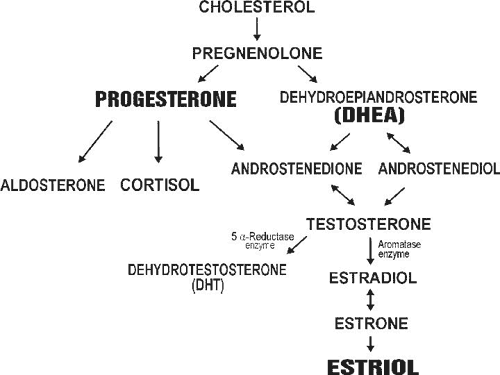
Graphic source: GentlePharmacy
Tags: propecia, finasteride, dht, dihydrotestosterone, testosterone, hairloss, hair loss


 Everyone varies. African hairlines are often flatter than northern European hairlines, so there is less a genetic propensity for the African hairline to behave as the photos show on the
Everyone varies. African hairlines are often flatter than northern European hairlines, so there is less a genetic propensity for the African hairline to behave as the photos show on the 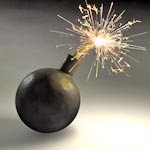 Here are the ingredients of this product:
Here are the ingredients of this product: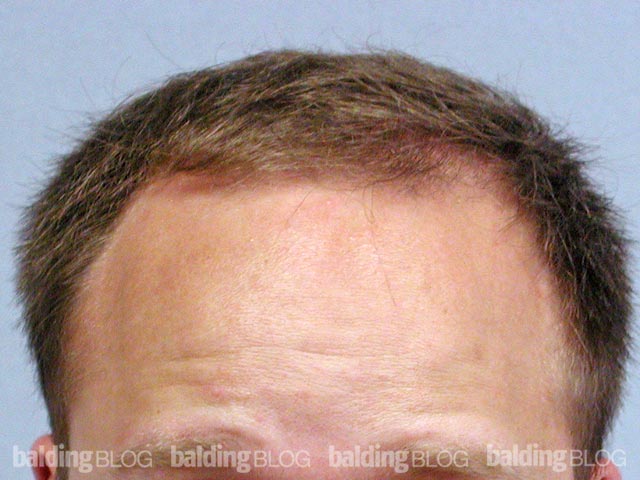
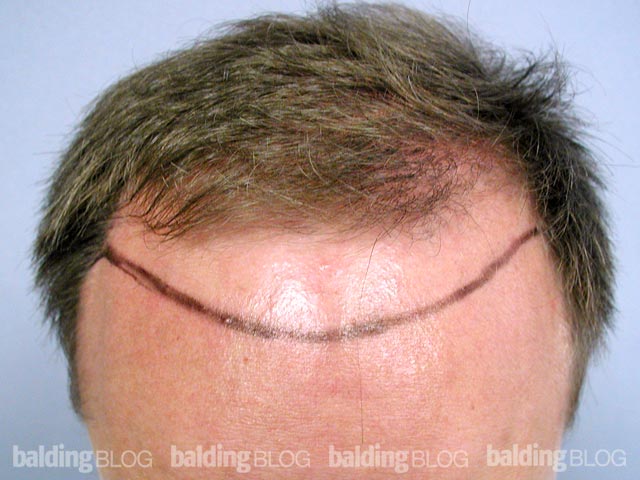
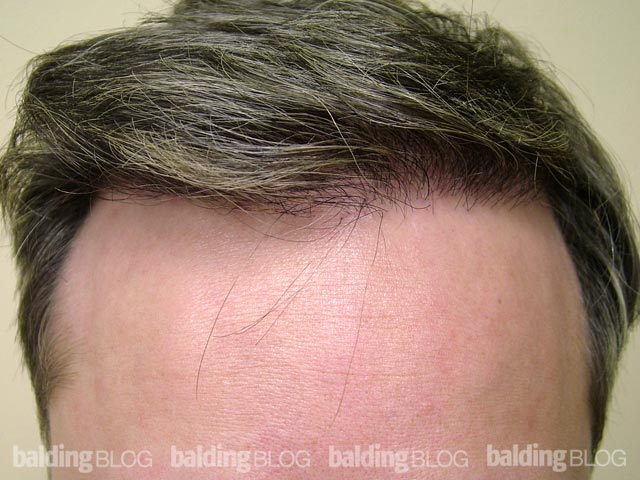
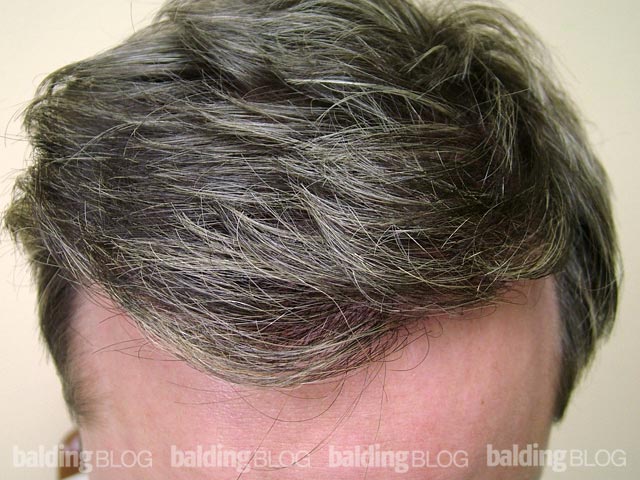
 An amazing result in one session is doable in some patients. There are many factors that lead to such results, including the hair texture and thickness of the hair shaft. Remember that “supply and demand†is important and your scalp must be flexible enough to handle these higher graft numbers. If your scalp has good laxity and you have a good hair density, you are a good candidate to get high numbers, which is needed to cover a large area. Hair characters including diameter, color, and waviness also play an important role in the final results. The best way to predict this is by visiting a hair doctor. If you’re in California, I’d suggest making an appointment with us and to come to an
An amazing result in one session is doable in some patients. There are many factors that lead to such results, including the hair texture and thickness of the hair shaft. Remember that “supply and demand†is important and your scalp must be flexible enough to handle these higher graft numbers. If your scalp has good laxity and you have a good hair density, you are a good candidate to get high numbers, which is needed to cover a large area. Hair characters including diameter, color, and waviness also play an important role in the final results. The best way to predict this is by visiting a hair doctor. If you’re in California, I’d suggest making an appointment with us and to come to an